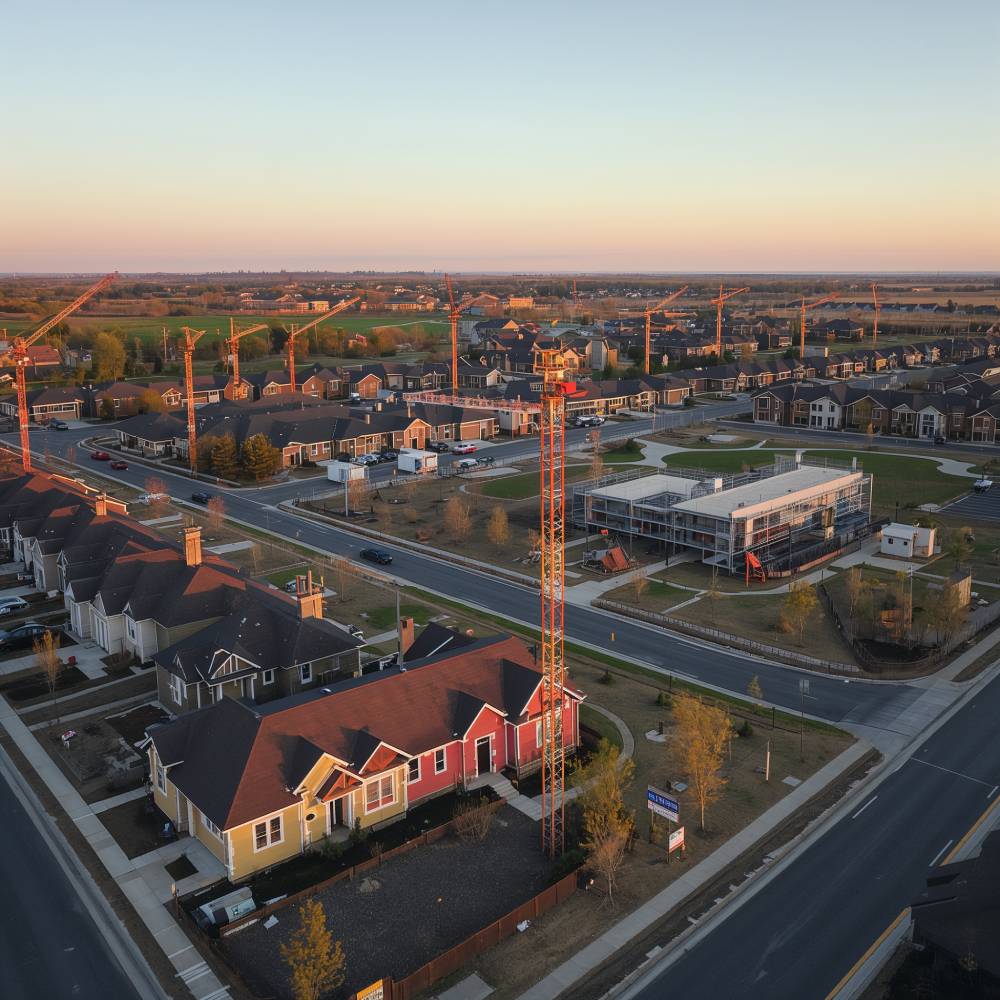Choosing the right place to live is a significant financial decision that demands careful preparation. It’s not just about location or design; it’s about knowing what you can genuinely afford before making a commitment. Many focus solely on the listing figure without factoring in ongoing costs like taxes, insurance, and upkeep. Your earning power plays a major role in determining which properties you should consider. High-value residences in competitive areas often require a stronger financial position, and understanding this early can help you stay on track. Planning with both your income and lifestyle goals in mind makes the process less stressful and more rewarding.

Here’s how you can get started:
Assess Your Financial Readiness

Before you start searching for your ideal space, review your personal finances. Calculate your monthly earnings after deductions, total savings, and any outstanding debts. This will help you create a realistic budget. Keep a reserve fund for emergencies so that you can handle unexpected expenses without risking financial stability. It’s also helpful to review your spending habits and identify areas where you can cut back. Reducing unnecessary costs before taking on a mortgage can make a significant difference. By knowing exactly what you can commit each month, you’ll have a clear picture of the range you can comfortably consider.
Work With an Experienced Real Estate Agent

Partnering with a skilled agent can make a big difference, especially if you’re aiming for higher-value residences. In competitive locations, an agent familiar with local pricing and financing requirements can guide you toward listings that align with your income level. Also, the salary to afford million dollar home depends on factors such as taxes, mortgage rates, and insurance costs, which vary by neighborhood. A knowledgeable agent can help you interpret these figures and focus on areas that fit your financial profile. They can also provide access to exclusive listings, negotiate effectively, and streamline the entire process.
Get Pre-Approved for a Mortgage
Securing pre-approval from a lender provides a clear understanding of your borrowing capacity. This process involves reviewing your credit history, income, and debts. Once approved, you’ll receive a letter confirming the maximum amount the lender will finance. This gives you an advantage when making an offer, as it signals to sellers that you’re prepared and financially capable. Pre-approval also narrows your search to properties within your reach, reducing wasted time. Instead of guessing what you might be able to afford, you’ll have a set figure to guide your decisions, making it easier to focus on realistic opportunities.
Research the Market Thoroughly

Gather information before starting your search. Compare recent sales in your preferred areas to understand pricing patterns. Look at how long listings have been available, as this can indicate demand levels. Pay attention to seasonal trends, which can affect pricing and competition. Explore different areas, even those slightly outside your initial choice, as they may offer better value. Also, review any planned developments like schools, parks, or transportation projects, as these can impact future values. Being informed allows you to make quick, confident decisions and recognize when an asking price is reasonable or worth negotiating.
Factor in All Additional Costs
The listed price is only part of what you’ll pay. You also need to budget for taxes, insurance, closing fees, and any homeowners association dues. Maintenance, utilities, and possible renovation work should be considered as well. These expenses can significantly impact your monthly budget and long-term affordability. By calculating them in advance, you avoid surprises and keep your finances under control after the purchase. Being realistic about total costs will help you select an option that fits your income without creating financial strain in the future.
Prioritize Location and Amenities

The right neighborhood can influence both your lifestyle and the long-term value of your purchase. Look at proximity to workplaces, schools, shopping areas, and medical facilities. Consider public transport access, walkability, and local safety ratings. Amenities like parks, gyms, and community centers can add to your quality of life. Even if you find a place that meets your budget, it should also support your daily needs. Remember to balance your must-haves with what’s available in your preferred area. A well-chosen location often leads to better satisfaction and may improve resale potential in the future.
Inspect Before You Commit

An inspection is essential before you finalize any agreement. A licensed inspector will check for structural issues, outdated systems, or safety hazards that aren’t visible during a quick tour. Problems like roof leaks, faulty wiring, or plumbing issues can lead to costly repairs later. By addressing these concerns before closing, you can negotiate fixes with the seller or adjust your offer. This step provides valuable peace of mind and protects your investment. Skipping an inspection might save a small fee upfront, but it can result in major expenses over time if hidden issues appear after moving in.
Think About Long-Term Value

When evaluating options, consider how they might perform over time. Properties in areas with planned infrastructure improvements, growing job markets, or upcoming developments often see stronger appreciation. Look at historical sales data for the neighborhood and surrounding areas to understand patterns. Even if you plan to live in the place for many years, keeping resale potential in mind can protect your financial interests. Features like energy efficiency, flexible layouts, and durable finishes tend to appeal to future buyers. Choosing a property with long-term appeal can help you build equity and improve your financial position over time.
Negotiate Smartly

Effective negotiation goes beyond reducing the asking figure. You can request that the seller cover certain closing costs, including appliances, or make repairs before the deal is finalized. Understand the seller’s motivation. Some may prioritize a quick sale over price, giving you leverage in discussions. Base your offer on recent comparable sales to keep it reasonable yet competitive. Being prepared to walk away if the terms don’t meet your needs is important. Having a skilled agent on your side can help you navigate this process and secure an agreement that works for both parties.
Making a well-informed purchase comes down to preparation, realistic expectations, and understanding your finances. From working with a knowledgeable agent to accounting for all costs, each step plays a role in securing a place that fits both your needs and your budget. Careful research, smart negotiation, and planning for the long term can protect your investment and provide stability. With the right approach, you can move forward confidently, knowing that your choice aligns with your financial capacity and personal goals.

